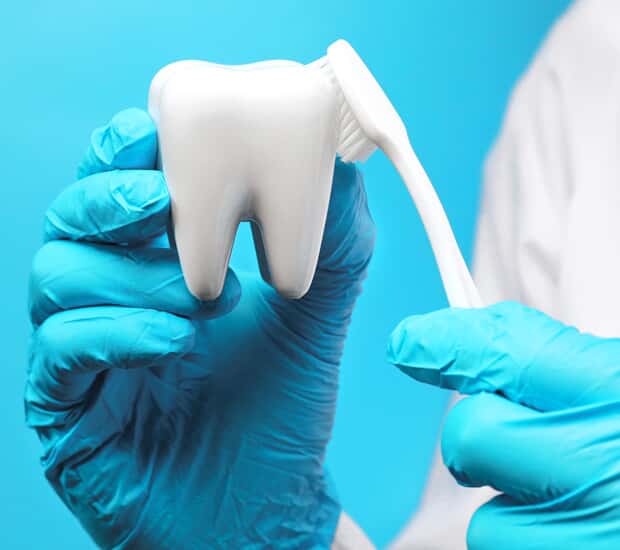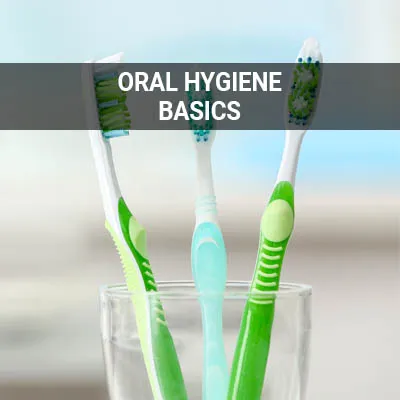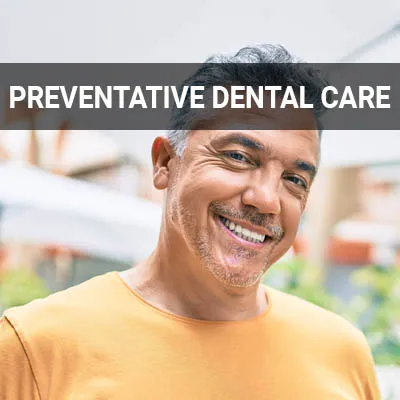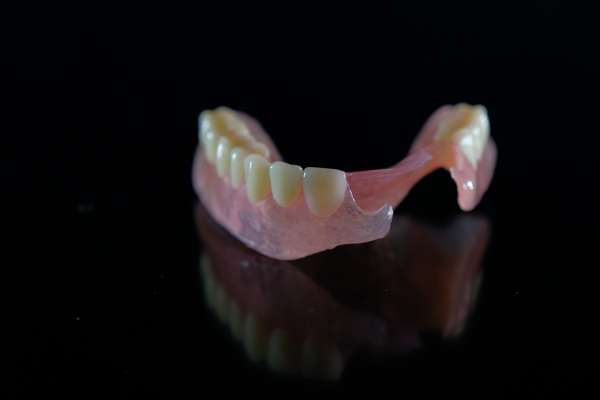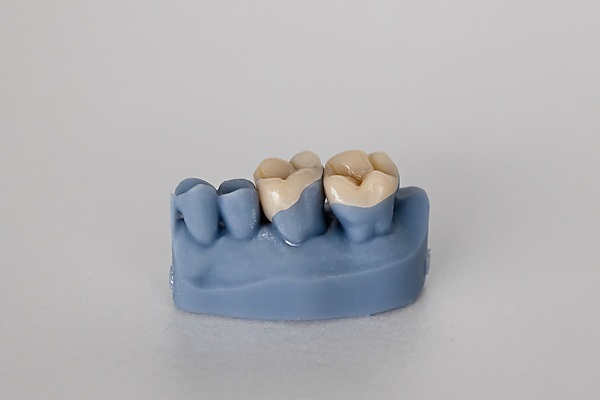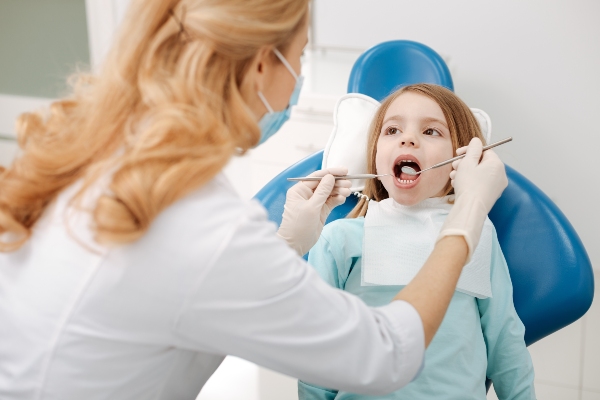How Proper Oral Hygiene May Improve Overall Health Easley, SC
As oral health has a profound impact on our physical health, proper oral hygiene may improve overall health. Heart disease, diabetes, pregnancy, and other conditions are often influenced by the health of a person's teeth and gums. The oral health connection to overall health and well-being is another reason why it is important to seek dental care.
Looking at dental care as a crucial component of overall health can promote healthier habits as well. A dentist is available at Lightway Family Dentistry in Easley and the surrounding area. If you have oral health issues and wonder how your dental health impacts your overall health status, call us at (864) 306-4488 to schedule an appointment today.
The General Health and Oral Health Connection
Heart Health
According to Mayo Clinic, there is a correlation between dental health and cardiovascular issues such as stroke, clogged arteries, and heart disease. Endocarditis sometimes results from the spread of bacteria to the heart from other parts of the body, including the oral cavity. When this occurs, the inner lining of the heart becomes infected. In 2018 research published in the European Journal of Preventive Cardiology, scientists studied more than a million individuals who experienced cardiac episodes. They found a moderate association between tooth loss and heart disease, which was more pronounced among individuals who also smoked.
Other Common Diseases
Pneumonia sometimes results when dental infections spread to the lungs. People who have gum disease and tooth decay may also experience a higher occurrence of respiratory issues. Alzheimer's disease, Sjogren's syndrome, some types of cancer, rheumatoid arthritis, eating disorders, and HIV infection are also associated with poor dental health outcomes.
“There is a correlation between dental health and cardiovascular issues such as stroke, clogged arteries, and heart disease”
Dental Care for Diabetics and Pregnant Women
Diabetes
People who have diabetes must be especially careful to practice good dental hygiene. Since the disease limits the body's ability to fight infection, cavities and gum disease can develop and worsen quickly in the presence of diabetes. At the same time, people who have gum disease are more likely to have unstable diabetes. Individuals diagnosed with type 1 or type 2 diabetes should work with a dentist to ward off cavities and periodontitis.
Pregnancy
There is a correlation between gum disease and adverse pregnancy outcomes. Pregnant women who have periodontal disease are more likely to experience premature delivery and to have an infant with a lower-than-average birth weight. The Centers for Disease Control and Prevention estimates that up to 75% of pregnant women have gingivitis, which occurs in the earliest stages of gum disease. Practicing good dental hygiene can reduce these risks significantly.
“Since the disease limits the body’s ability to fight infection, cavities and gum disease can develop and worsen quickly in the presence of diabetes.”
Lifestyle Choices and Oral Hygiene
Patients' dietary habits and lifestyle choices can also affect their dental health. Accordingly, neglecting to maintain one's oral hygiene will negatively affect one's overall health (and vice versa). As an example, one of the worst contributors to tooth decay and gum problems is excess sugar consumption. Particularly in its processed form, excess sugar consumption facilitates bacteria growth in the mouth.
Smoking is also a top contributing factor. Inhaled cigarette smoke is toxic, interferes with blood flow, and can potentially lead to oral cancer. Additionally, excess drinking will cause patients to have habitually dehydrated mouths, creating a breeding ground for bacteria. There also tends to be a correlation between those with alcoholism and poor oral hygiene habits.
Furthermore, changes in body weight may negatively affect denture fit. Loose fitting dentures may cause gums to suffer.
Some medications can also contribute to one's oral health, especially if they dry up saliva — as previously mentioned, dehydrated mouths are more prone to gum disease and tooth decay.
“Accordingly, neglecting to maintain one’s oral hygiene will inevitably negatively affect one’s overall health (and vice versa).”
Check out what others are saying about our dental services on Yelp: How Proper Oral Hygiene May Improve Overall Health in Easley, SC
Dental Health and Other Conditions
Aside from heart disease, diabetes, pregnancy, and osteoporosis, there are many other conditions linked to dental health. These include but are not limited to pneumonia, rheumatoid arthritis, and Sjorgen's syndrome. Patients need to be as open and honest as possible with their dentist, as certain conditions or even recent bouts of illness may affect the type of dental care they need.
According to a 2015 study published in the Journal of Dental Research, poor oral hygiene was identified as one of the leading risk factors for pneumonia in nursing home residents. Furthermore, rheumatoid arthritis and periodontal disease are both linked to severe inflammation. This may make patients more susceptible to Sjögren's syndrome, which causes dryness of the mouth that causes difficulty eating and raises a patient's risk for tooth decay.
“Aside from heart disease, diabetes, pregnancy, and osteoporosis, there are many other conditions linked to dental health.”
Questions Answered on This Page
Q. How do lifestyle choices affect oral hygiene?
Q. How is the heart affected by oral health?
Q. How does dental hygiene affect patients with diabetes?
People Also Ask
Q. What should a home oral care routine include?
Q. Why is it important to find the right general dentist?
Q. What are some dental health conditions that can form during pregnancy?
Maintaining Oral Hygiene at Home
Keeping regular dental appointments is crucial for maintaining oral health, as each patient requires personalized care. Luckily, there are many things patients can do on their own to take care of their teeth.
Patients should brush their teeth at least twice a day: once in the morning and once before bedtime. Germs and plaque accumulate throughout the day and should be removed whenever possible. It is essential to use proper technique while brushing and to remember to include the tongue. Using a fluoride toothpaste will also offer extra protection against tooth decay.
Flossing should be treated with the same importance as brushing, as it can help stimulate the gums while reducing plaque and inflammation. Those who have trouble using dental floss may want to look for alternatives, such as ready-to-use flossers. Swishing with a good quality mouthwash afterward also helps, as does drinking water, eating crunchy fruits and vegetables, and limiting sugary and acidic foods.
Frequently Asked Questions
Q. What are the signs of oral health problems?
A. People should see a dentist if they experience pain, swelling, bleeding, or sensitivity in the mouth or gums. Chronic bad breath can also signify tooth decay. In severe cases, the person may have loose or missing teeth.
Q. What conditions have been linked to poor oral health?
A. Many people are surprised to learn how many conditions are linked to poor oral health. Diabetes, pulmonary, and cardiac disease are all linked to oral health conditions. Periodontal disease is also a complication of osteoporosis.
Q. How should I prepare for a visit with a dentist?
A. Patients should prepare for their first appointment by attaining their medical records or providing access to them. Write down any questions about oral health and how it may affect overall health. The dentist will ask for the patient's symptoms, medical history, medication use, habits, nutrition profile, and other information that can influence dental and systemic health, so have these details ready.
Q. Why is dental care important to overall health?
A. Many oral health conditions and systemic diseases do not produce symptoms until advanced stages. Screening by a professional can help treat any existing conditions or prevent future problems from happening. Regular dental visits also provide patients with access to treatments that can help prevent oral health problems from worsening.
Dental Terminology
Call Us Today
Our team at Lightway Family Dentistry may be able to help. Call us today at 864-306-4488 to schedule an appointment or to learn more about our services.
Helpful Related Links
- American Dental Association (ADA). Glossary of Dental Clinical Terms. 2025
About our business and website security
- Lightway Family Dentistry was established in 1997.
- We accept the following payment methods: American Express, Cash, Check, Discover, MasterCard, and Visa
- We serve patients from the following counties: Pickens County, Anderson County, and Greenville County
- We serve patients from the following cities: Easley, Powdersville, Pickens, Liberty, and Greenville
- National Provider Identifier Database (1598881211). View NPI Registry Information
- Healthgrades. View Background Information and Reviews
- Norton Safe Web. View Details
- Trend Micro Site Safety Center. View Details
Back to top of How Proper Oral Hygiene May Improve Overall Health
QR code for How Proper Oral Hygiene May Improve Overall Health


